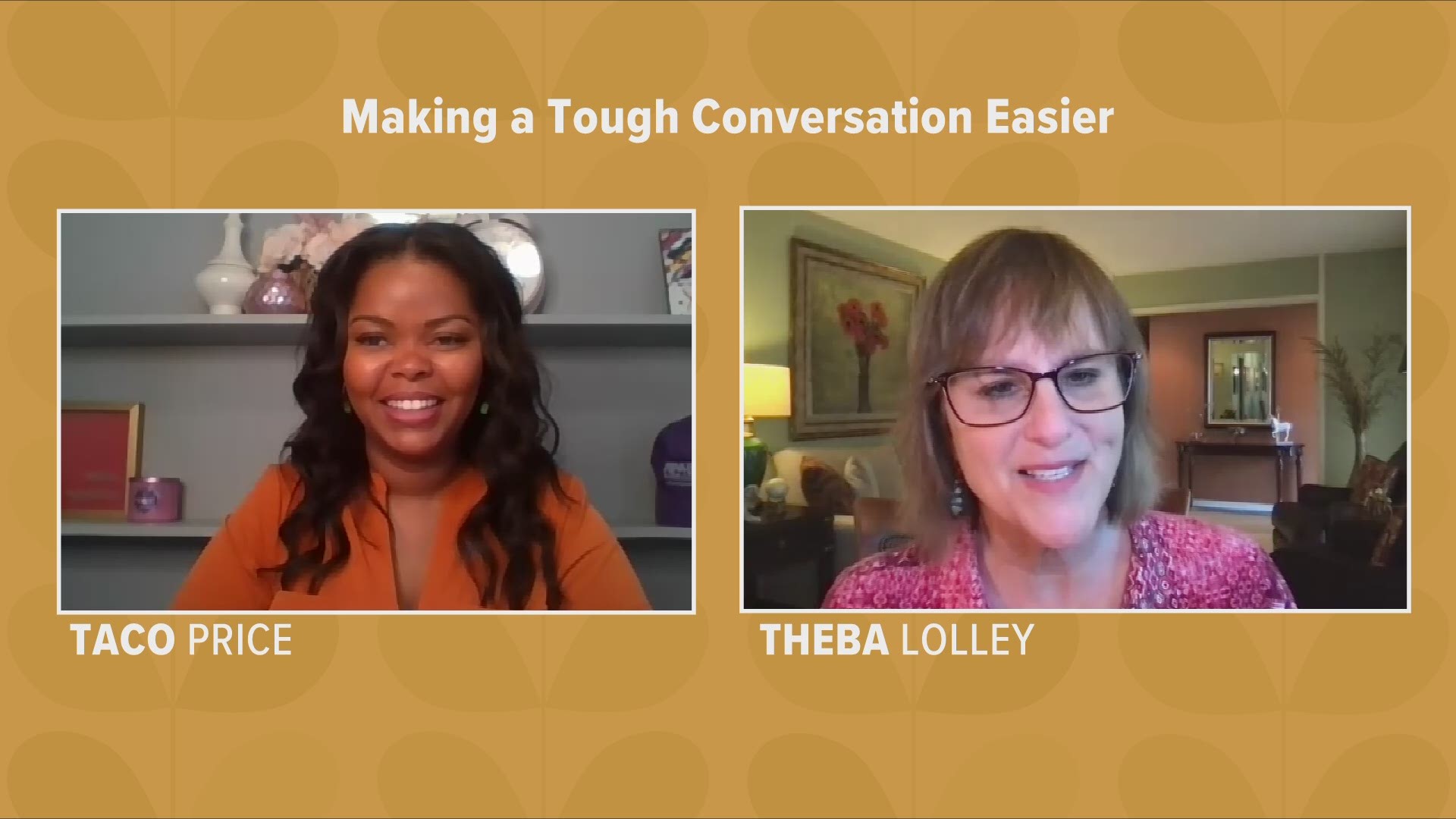LITTLE ROCK, Ark. — Director of Programs and Services of Arkansas Chapter - Alzheimer's Association Taco Price shares strategies on how to communicate the diagnosis of Alzheimer’s or other dementia to your loved one.
After you recognize early signs of Alzheimer's or other dementia, it is a good time to take your loved one to see a physician. But convincing them to go to the doctor may be challenging.
“I always recommend physically making note of some of the changes that you have observed in your loved one,” says Price. “Doing this can soften that conversation a little bit.”
Make note of what those changes are, and be willing to have a collaborative conversation with your loved one. Ask if they would be willing to go to the doctor so that you can figure out what may be causing that change.
"Make sure your loved one knows they are not alone," says Price. "Reassure them that you will be there with them and include them in the decision-making process."
Theba Lolley knows firsthand how challenging the journey of caring for a loved one with Alzheimer’s or dementia can be.
Recognize that this disease presents itself differently in individuals, and it could be a different thought process or behavior changes.
Theba explains that she had two different approaches when recognizing the changes in her mother versus her father. Her father admitted he needed help, where her mother felt more apprehensive.
“The three most difficult conversations to have with family members center around going to the doctor, driving, and legal and financial decisions,” says Price.
The fear that you may experience can prevent you from taking the next step in advocacy for your loved one. It may be helpful to rely on other family members or friends to help you along the way.
Taco Price recommends not using the words Alzheimer's or dementia if they seem scary. Use words that are more comfortable, like “changes in memory, thinking, or behavior.”
“Working through caregiver fear is very valid, and don’t be afraid to see the Alzheimer's Association as a part of your care team,” says Price. “We are here to help you.”
Alzheimer's Association is available to talk with you about what you may be going through. The 24/7 helpline number is 1-800-272-3900 and resources are available on their website.

